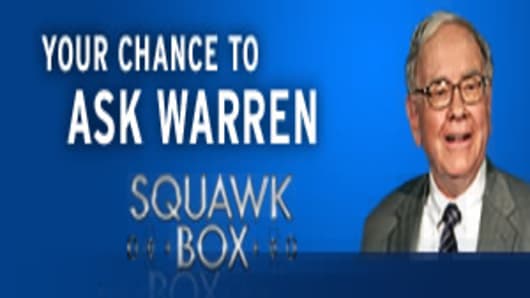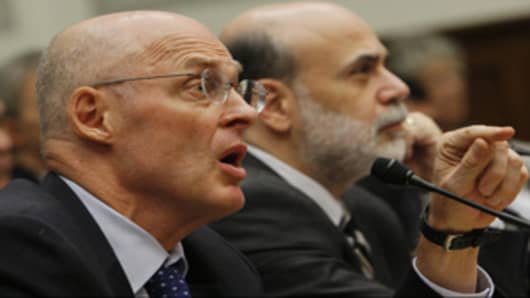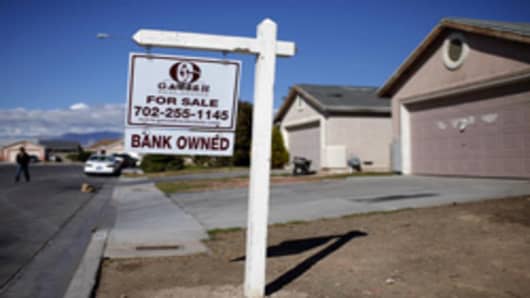In his annual letter to Berkshire Hathaway shareholders, Warren Buffett says he did some "dumb things in investments" last year.
The company's controversial "equity put" options are not included on that list. There has been some criticism of Buffett as the declining mark-to-market value of those contracts puts pressure on reported earnings. Fourth quarter net fell 96 percent to $117 million, largely due to 'paper' losses on those derivative positions. For the year, net fell to $4.99 billion from $13.21 billion the year before.
Buffett also predicts the economy will "be in shambles throughout 2009 - and for that matter, probably well beyond - but that conclusion does not tell us whether the stock market will rise or fall."
He's still optimistic for the long-term, however, again pointing out that "our country has faced far worse travails in the past" but always "we've overcome them." He says confidently, "America's best days lie ahead."
The letter was posted this morning (Saturday) on the company's website along with Berkshire's 2008 annual report.
BUFFETT'S MISTAKES
Buffett admits that "I made at least one major mistake of commission and several lesser ones that also hurt... Furthermore, I made some errors of omission, sucking my thumb when new facts came in that should have caused me to re-examine my thinking and promptly take action."
The mistake of commission: buying a large amount of ConocoPhillips stock just as energy prices were near their peak. Buffett writes, "I in no way anticipated the dramatic fall in energy prices that occurred in the last half of the year." He still thinks oil will eventually go well above its current $40-$50 range, "but so far I have been dead wrong."
Even if energy prices do rise, "The terrible timing of my purchase has cost Berkshire several billion dollars."
Buffett also reveals that he spent $244 million for shares of two Irish banks that "appeared cheap" to him. At the end of the year, they were written down to their market price of $27 million, for a loss of 89 percent, and they've continued to drop.









